NIH
-

Eye of a cytokine storm
A new animal model can be used to “dissect” the inflammatory response to infection. Read MoreMar 9, 2016
-

Fat hormone’s role in zebrafish
The hormone leptin regulates glucose balance, but not fat stores, in zebrafish. Read MoreMar 8, 2016
-
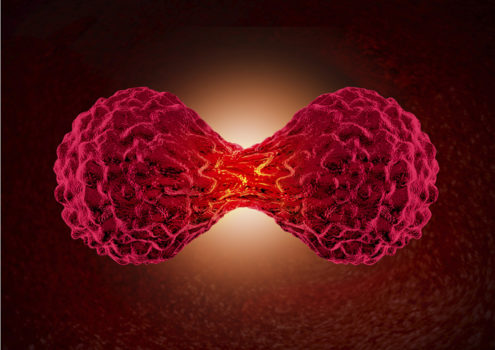
A clue to cell cleavage
Actin and microtubule cytoskeletons are coordinated during cytokinesis – the process that separates one cell into two and is linked to events underlying cancer. Read MoreMar 7, 2016
-

Melanoma response to immune therapy
Melanoma-specific expression of a certain protein identifies tumors that are more responsive to an immune therapy. Read MoreMar 3, 2016
-

Study reveals possible ‘dimmer switch’ drug for Rett syndrome
Researchers at Vanderbilt University Medical Center have relieved symptoms in a mouse model of Rett syndrome with a drug-like compound that works like the dimmer switch in an electrical circuit. Read MoreMar 3, 2016
-

VUMC to Lead pilot program for Precision Medicine Initiative Cohort Program
Federal officials with the White House and National Institutes of Health (NIH) announced today that Vanderbilt University Medical Center (VUMC) will lead the Direct Volunteers Pilot Studies under the first grant to be awarded in the federal Precision Medicine Initiative Cohort Program. Read MoreFeb 25, 2016
-

Liver balancing act
Vanderbilt researchers have defined a mechanism that limits liver cell proliferation after injury in order to preserve critical metabolic functions. Read MoreFeb 24, 2016
-
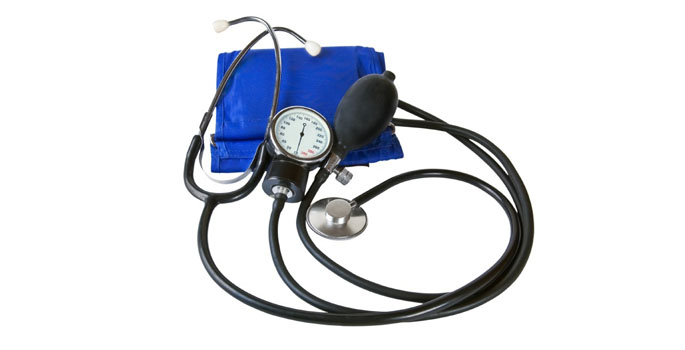
Hypertension hiatus
New findings offer a potential strategy for preventing heritable pulmonary arterial hypertension. Read MoreFeb 23, 2016
-

Face recognition and social anxiety
An inability to recognize faces may be an important mechanism underlying social inhibition and may contribute to, or maintain, social anxiety. Read MoreFeb 19, 2016
-

Combining treatments for melanoma
Combining therapies for melanoma that induce cell senescence and that activate the immune response may improve outcomes for patients. Read MoreFeb 18, 2016
-

Pediatrics awarded physician-scientist training support
The National Institutes of Health (NIH) has awarded Vanderbilt’s Department of Pediatrics a K12 training grant to support early career faculty to become physician-scientists, the first time the department has received such an award. Read MoreFeb 18, 2016
-

Neanderthal DNA has subtle but significant impact on human traits
The first study that directly compares Neanderthal DNA in the genomes of a significant population of adults of European ancestry with their clinical records confirms that this archaic genetic legacy has a subtle but significant impact on modern human biology. Read MoreFeb 11, 2016
-

Slight chemical change may improve TB treatments: study
One small chemical change to an existing antibacterial drug results in a compound that is more effective against its target enzyme in tuberculosis, Vanderbilt researchers have discovered. Read MoreFeb 11, 2016
-
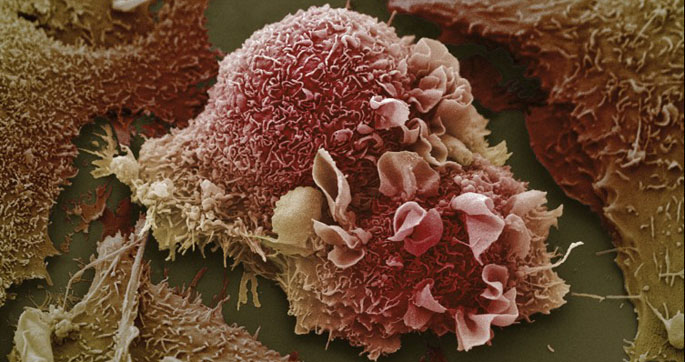
Overcoming lung cancer drug resistance
Vanderbilt investigators have discovered a way to overcome the resistance of some lung cancers to certain targeted therapies, which could lead to more effective treatments for lung cancer patients. Read MoreFeb 10, 2016
-

Therapies to prevent preterm birth
Vanderbilt researchers have developed a high-throughput assay that will aid in identifying new compounds to treat preterm labor or postpartum bleeding. Read MoreFeb 9, 2016
-

Building intestinal brush borders
Studies of the molecular complex that helps build specialized cellular surfaces could shed light on the mechanisms underlying a genetic deaf-blindness syndrome accompanied by intestinal disease. Read MoreFeb 8, 2016
-

Cotton candy machines may hold key for making artificial organs
Vanderbilt engineers have modified a cotton candy machine to create complex microfluidic networks that mimic the capillary system in living tissue and have demonstrated that these networks can keep cells alive and functioning in an artificial three-dimensional matrix. Read MoreFeb 8, 2016
-
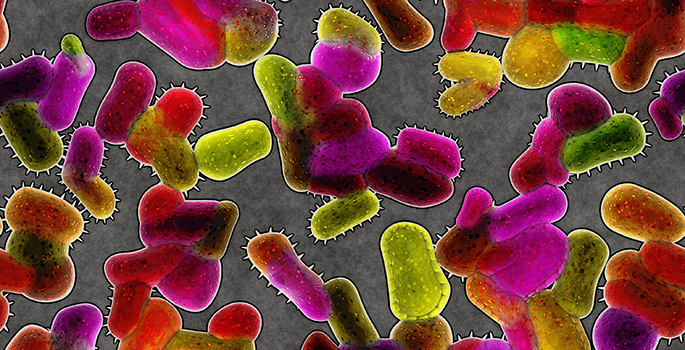
Dynamics of a drug resistance transporter
Vanderbilt investigators are exploring the shape changes in a multidrug transporter to understand the mechanisms of antibacterial resistance. Read MoreFeb 5, 2016
-

Findings offer new insight on how cell division proteins work
A family of proteins with critical roles in cell division, synaptic transmission and cell migration don’t all function the way scientists thought they did, according to two new studies led by Vanderbilt researchers. Read MoreJan 28, 2016
-
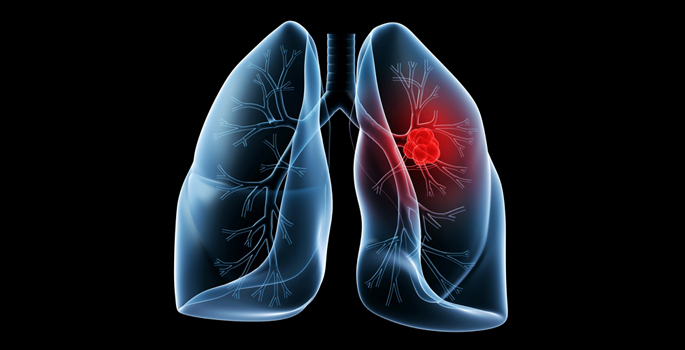
Study identifies new culprit in lung cancer development
A microRNA — a small piece of RNA involved in regulating gene expression — functions as an oncogene to drive the development of lung cancer, Vanderbilt University investigators have discovered. Read MoreJan 27, 2016